Hypothesis of Naturalism:
(1) Nature is the Base- This is the essence of the naturalistic philosophy of education. The school has an artificial atmosphere, so it hinders the child’s spontaneous and natural development. The term ‘Nature’ is used in a two-fold sense. The first sense is of physical sense. The natural phenomenon can be observed with the eyes. This is physical nature. The other sense in which it is applied is the form of attitudes, instincts, capacities and impulses of the child. All this can be termed as the ‘nature of the child’. The teacher’s duty is to study the nature of the child. A teacher should keep this fact in his mind “The child’s nature is not static, it grows and develops”. So the teacher should mould his guidance and teaching according to the changes in the nature of the child. This depends upon the insight of the educator.
(2) Child-Centred Educational Process- Child, not the subject, should be the heart of the educative process. The educator should pay full attention to the study of the psychology of the child, first, and then should start guiding and teaching in a natural way, according to the needs and the aptitude of the child. The teacher’s guidance should be gradual and sympathetic. The child should be treated as a child and not as a man. “Nature would have them children, before they are men”. In this school of philosophy, the child is given the central position in the education process. The child should be given opportunities to develop freely and to associate experiences after careful personal observation.
While emphasizing the importance of child-centred educational process, P. Munroe remarks:
“Education finds its purpose, its process and its means wholly within the child life and the child-experience”.
(3) Freedom of the Child-The third and the most fundamental point is that the child must be free in educating himself. Rabindra Nath Tagore believed that let the child be left free in order to gather experience and to understand his own mistakes and shortcomings. That education is not at all profitable and beneficial to the society “which sacrifices the present to an uncertain future, that burdens a child with all sorts of restrictions and begins to prepare him for some far off happiness which he may never enjoy”.
(4) Happiness and Good Mood- If a child’s happiness is hindered by the unnecessary burdens of educational information and instructions, the child’s spontaneous development will be stopped. The child should be taught in such a way as to develop his happy mood.
(5) Instincts- The child, in the beginning, possesses “animal behaviour”. His instincts are not trained. He is an absolute monarch without ‘self-realization”. Naturalists say that through education the child’s ‘animal behaviour’ should be modified to ‘human behaviour’. In other words, the task of education is to change an animal into a human being.
(6) Senses as Gateways of Knowledge- Naturalistic education emphasizes the training of the senses. For effective and permanent learning sensory experiences should be provided more and more as our senses are the gateways of knowledge. Rousseau has well said, “Education should prepare the way for a reason by the proper exercise of senses”.
(7) Opposition to Bookish Knowledge- Naturalists are opposed to mere academic knowledge and verbalism of books. They emphasize real education according to the nature of the child based on his interests and activities. Rousseau emphasizes self-learning or learning by doing.
(8) Progressiveness- Naturalists want education to be progressive. It should develop children mentally in the same way as upbringing develops them physically. Rousseau has divided the period of development into four stages. All stages have their own needs and problems. Education (the curriculum) should be according to these stages of development. With the growth in age, children develop emotionally and gain maturity. So in the beginning education should be according to their age, intelligence and aptitude and it should be increased gradually.
Rousseau, a great exponent of naturalism, has even said:
“The child is a book which the teacher has to learn from page to page”.
In this way, we find that Naturalism believes in the above-stated essentials. These are applied in all forms of naturalistic philosophy. Lamarckians and Darwinians also believe in this hypothesis. These fundamentals are common to all. Having this hypothesis in view we can safely conclude that “Nature wills that children should be children before they are men. If we seek to pervert the order, we shall produce forward fruits without ripeness or flavour, and through not ripe soon rotten; we shall soon have young servants and old childred”.
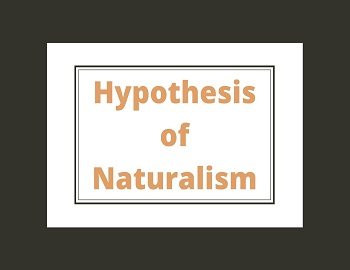
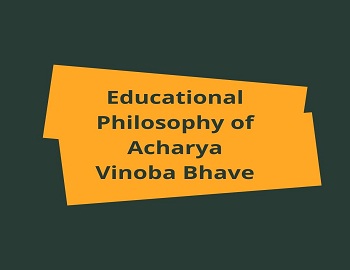
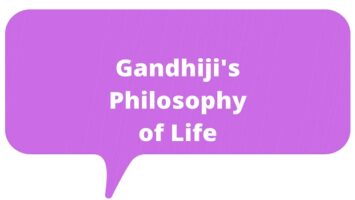
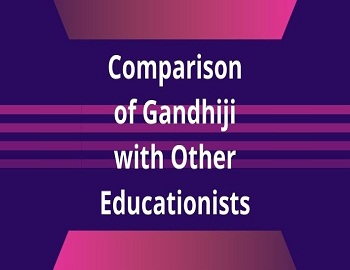
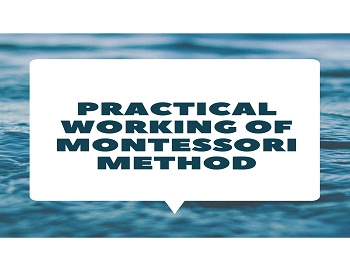
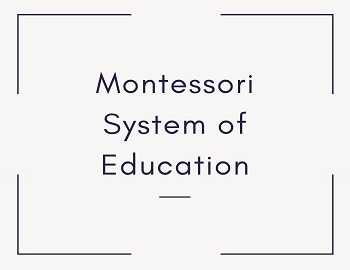
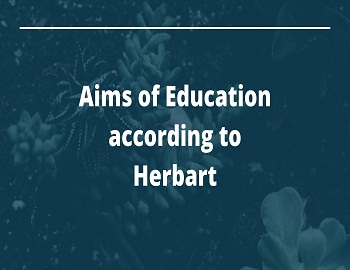
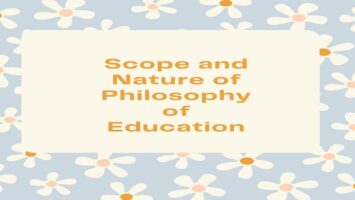
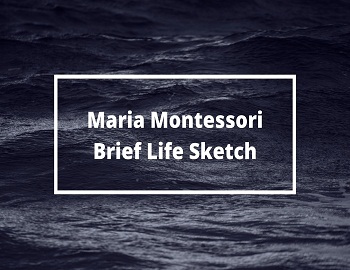
Comments (No)